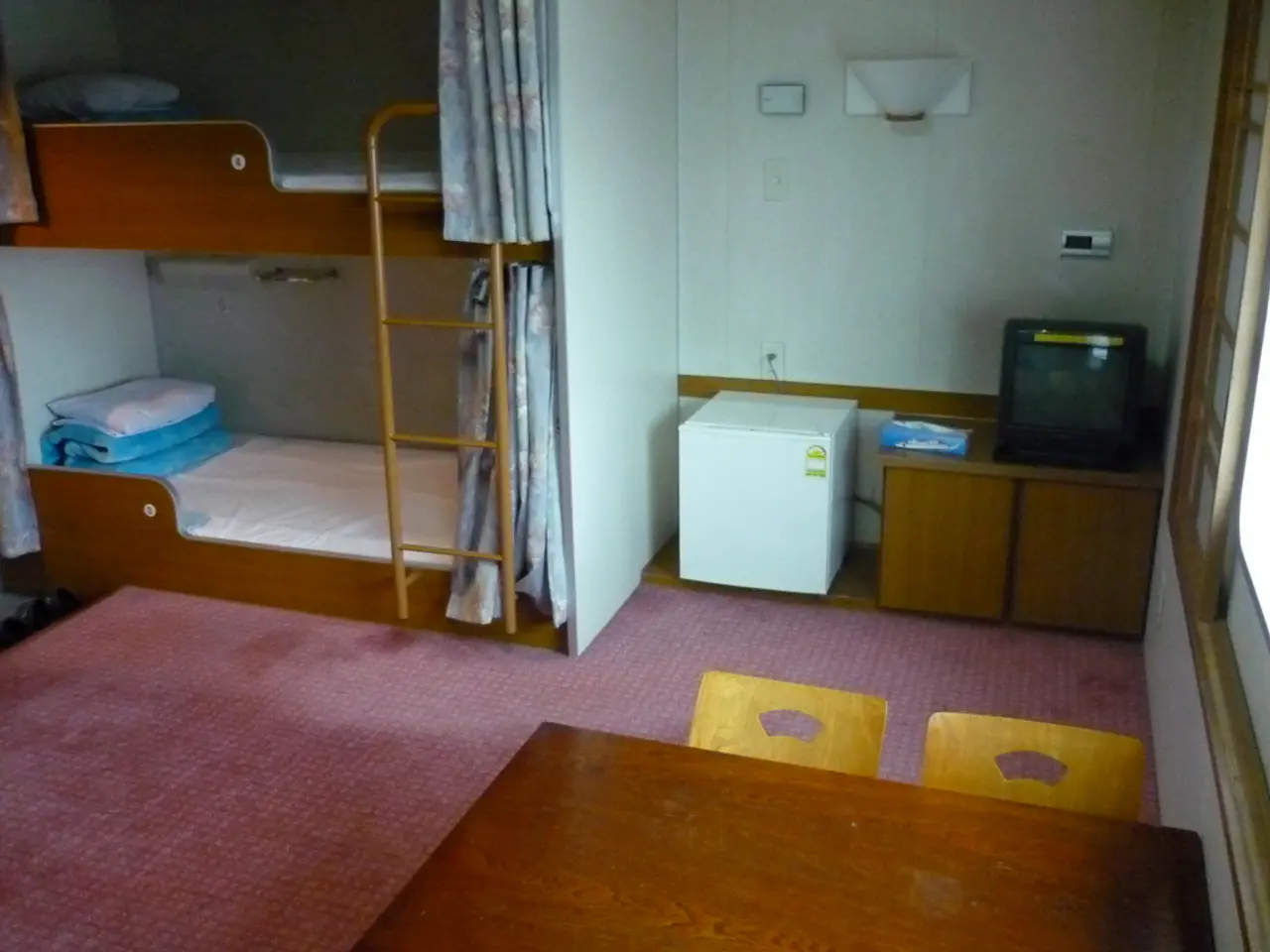Saudi royalty yearns for freedom, yet finds themselves bound by tradition, unable to exercise personal autonomy. - Dissatisfied with their circumstances, Saudi princesses face constraints in making independent decisions about their departures.
In the heart of Jeddah, Saudi Arabia, a surprising incident unfolded at the royal palace on a November day in 2024. At the centre of this commotion was Princess Hala, daughter of the late King Abdullah bin Abdulaziz Al Saud.
The princess, reportedly out of control, found herself in a tense standoff with Dwight Burdick, the personal physician of the Saudi royal family. According to sources, Burdick was attempting to forcibly administer a sedative to the princess, a measure taken due to her unruly behaviour.
The incident took an unexpected turn when it was revealed that Princess Hala was in possession of a knife. This revelation added a layer of complexity to the already tense situation.
King Salman, the current ruler of Saudi Arabia, was the host of the royal gathering where the incident took place. His half-brother, King Abdullah, was the father of Princess Hala.
Mohammed bin Salman, the son of King Salman and the current Crown Prince, was also present at the palace. Despite his controversial reputation, he has been instrumental in introducing significant social and economic reforms in the kingdom, including curbing the power of the religious police, improving women's rights, and launching the Saudi Vision 2030 initiative to diversify the economy away from oil dependence.
This news article was first published in November 2024, shedding light on an incident that has stirred curiosity and concern within the royal family and the kingdom at large. The details of the incident and its aftermath continue to be a topic of discussion and speculation.
The European Union and its Member States, showing concern for Princess Hala's well-being, could potentially offer support in the form of psychological therapies and treatments, considering the distressing incident that unfolded at the royal palace. Given Mohammed bin Salman's focus on health-and-wellness initiatives, he might find it beneficial to integrate evidence-based science in mental-health policies, aiming for a healthier and more stable royal family and kingdom.




